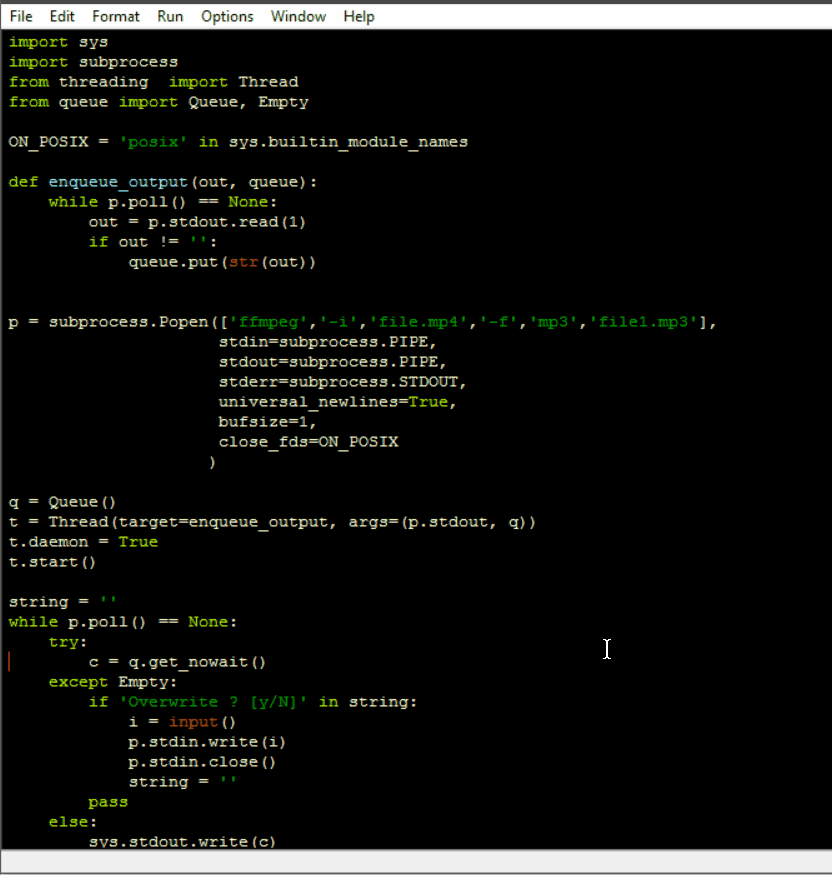

Tkinter is free to use, so you won’t find any troubles when you publish your application built-in Tkinter. One of the reasons why Python is a powerful programming language is that Python comes with a built-in Tkinter module, which means there’s no need to bother yourself installing it. We used pydub and Django classes to format, read, open and save the obtained file.That’s all that this app can do. We created a file converted that is living on your server. In order to provide your users with good User Experience you should implement it once you start getting visitors. Saving to hard drive with django and converting are resource and time consuming operations. The possibilities are endless and programing is like magic. Pass text to mp3 in python and then convert it to mp4 clip. You could for example make a text reader that would create movies from text. Now you can play with this solution, create html audio player or start your django audio streaming app. In case you don’t know that well the awesomeness of this tool you can check my beginner or intermediate tutorials. as_view ( ), name = "upload-podcast" ), ]ĭone! You can test it out with POSTMAN which is an API testing tool. Because we will use MultiPartParser from django REST framework, we need to construct the POST (or PUT, PATCH) request with FormData:įrom django.

The first step is to send the files to our backend. We request files in a browser and django delivers a media URL that points to where the file way store.Django sends the file to media files location (e.g.we read the exported file and save it to models.pydub opens this file and exports it to a new format.Django saves it on a local storage (your server) as TemporaryUploadedFile.API endpoint receives the file (this is a way to upload file without django form).User uploads or records a file in a browser.There is also a project called django-audiofile but it does not use pydub nor django-storage (which is storing files in the cloud). I do not have much traffic for now so it’s not an obstacle. This is a also good solution to make django audio player (in case you have for example a Raspberry Pi). This way the converting is being done on the server and you could make mp4 to mp3 online converter to not store people’s files. I wanted to have a simpler solution and use my server to convert files. There is a django-elastic-transcoder which is a Django package that helps you leveraging AWS transcoder so you could manipulate files. Why not to use something that already exist somewhere? Pip3 install pydub Why this solution? 🤷♂️


 0 kommentar(er)
0 kommentar(er)
